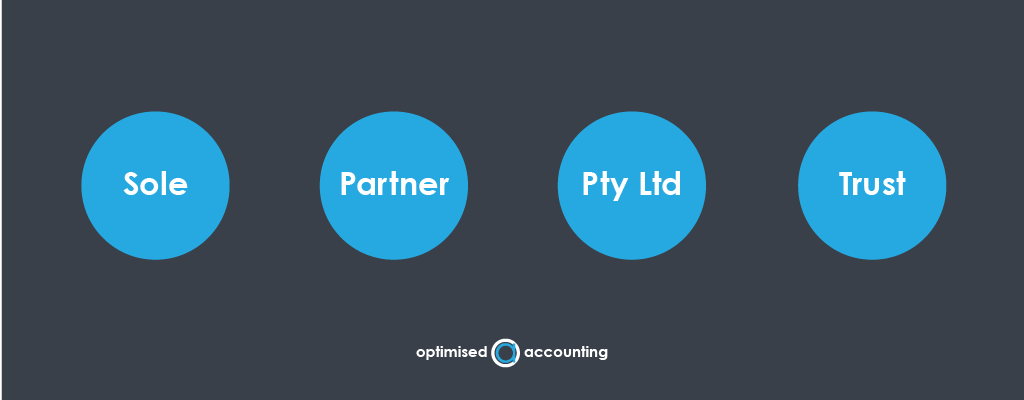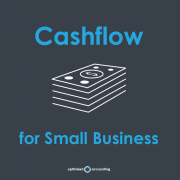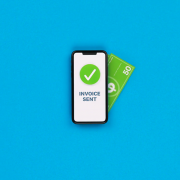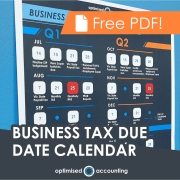Wondering how your business should be structured? In this article we are going to focus on the four main business structures: sole traders, partnerships, companies, and trusts. Get it right from the start and your business will be set up for success.
So, what are the differences and which one is right for you?
1. Sole Traders
You acting as the business.
Pros
- The cost of set up is lower as it’s easier to set up.
- It is good for very simple businesses or risk-free businesses that aren’t going to be doing a lot of turnover.
Cons
- It makes it very difficult to split income with other people. So as your business grows and it makes higher levels of profit, the tax burden can become quite large.
- All of your personal assets are on the line. So, if you do get sued, anything that you own is potentially at risk as well.
2. Partnerships
Two sole traders put together.
Pros
- Low cost of setup for multiple people to be in the business.
Cons
- Joint & Several Liability (i.e. you get sued if your partner stuffs up) In a partnership all partners are at risk from legal action if something goes wrong. Liability isn’t limited to your share of the partnership – creditors & their lawyers can go after a single partner for the whole amount being claimed.
- Unlimited liability – as with a sole trader, you and your personal assets are at risk if you were to get sued.
- Income has to be split in accordance with your partnership agreement, so if that’s a 50-50 partnership, that is how you split the income. You lose flexibility in how to split the income to best suit your needs.
3. Companies
Anything that ends in Proprietor Limited.
Pros
- The corporate tax rate. The fantastic thing there is, you get taxed at 27.5% on any profit that you plan on keeping in your business. So, if you’re someone that’s setting up a business, and you’re in it for the long haul and will be re-investing profits back in to the business this will save you quite a bit of tax.
- Limited liability, meaning that that if your company gets sued, it’s your company’s assets that get taken and the directors are generally safe.
- Easier to raise capital and change ownership structures – you can add and subtract shareholders as required.
Cons
- Slightly more expensive to set up.
- It’s a whole separate entity, which means you will need to make sure that all your funds are kept completely separate from your personal funds, (which is good practice regardless of what structure you choose.)
- An additional tax return will need to be completed.
4. Unit Trusts
Very similar to a company whereby you have your ownership detail by units instead of shares.
Where a unit trust differs from a company is the unit trust does not pay any tax. It doesn’t mean it’s tax free, it means that a trust is a funnel. Any of the profit that comes in to the business funnels through to the unit holder, and then they pay the tax at their marginal tax rate.
Pros
- Legal protection of the company if they choose a corporate trustee.
- You can take the funds out any way you like and then get to what you wish with them.
- Possible access to the CGT discount.
Cons
- Slightly more expensive to set up.
- Added complexity.
- An additional tax return will need to be completed.
5. Discretionary/Family Trusts
Discretionary & Family Trusts have the ultimate in flexibility.
Pros
- Legal protection of the company if they choose a corporate trustee.
- Quite a lot of tax flexibility.
- Ability to decide on a yearly basis who is entitled to (and get taxed on!) the profits.
Cons
- Slightly more expensive to set up.
- Added complexity.
- An additional tax return will need to be completed.
What do we recommend?
This is entirely dependent on the individual situation, it’ll depend on the type of business, the need for legal protection, tax flexibility as well as your goals for the future. The optimal structure for your business may be a combination of the structures listed above.
Getting this right from the start ensures less headaches down the track.
For advice on your particular situation, book in for a business structuring review today.












